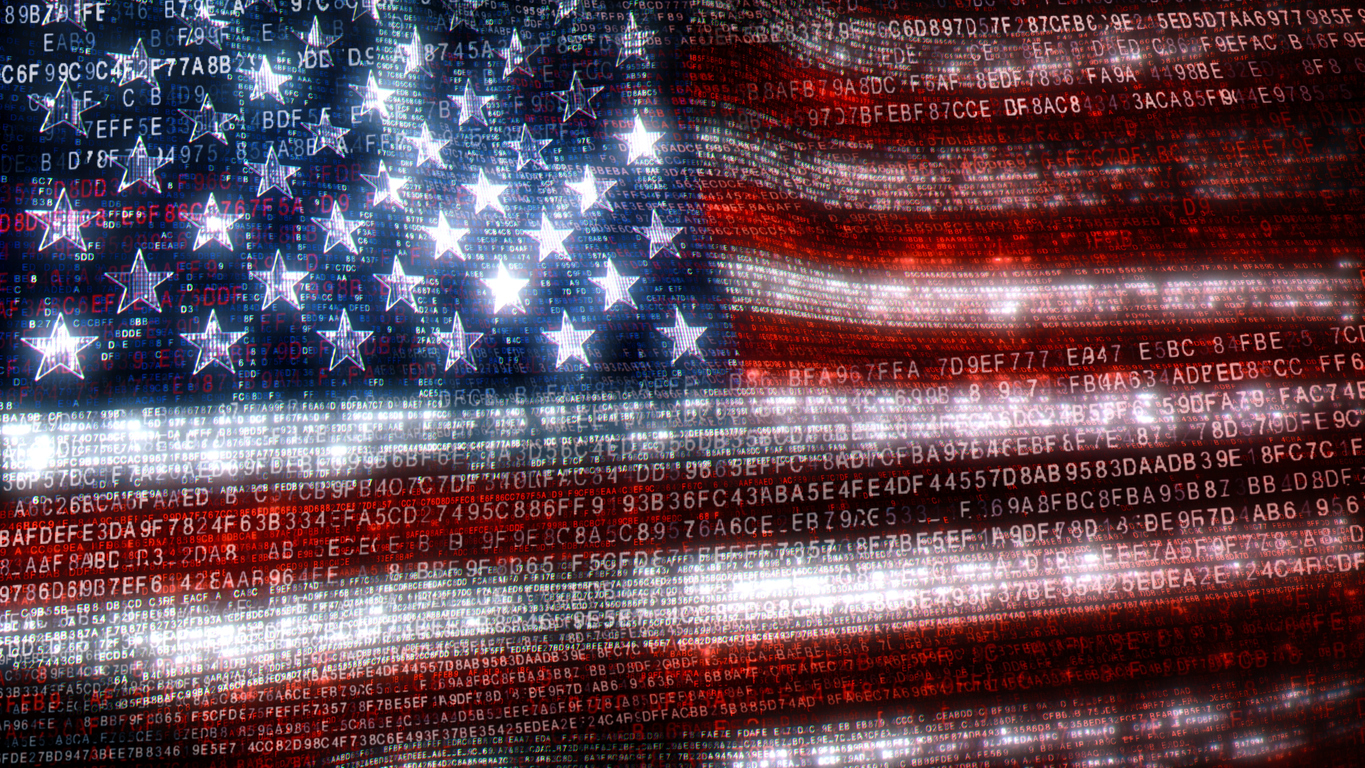News
Braving the future of international cybersecurity: expert Christopher Whyte explores new U.S. cyberstrategies and establishing international humanitarian rules for hackers

by David Slipher
For the average person, understanding cybersecurity is no easy task. Even for savvy tech professionals, disruptions regularly create unprecedented and often unfathomable scenarios that wreck financial and political havoc. It’s rare that any geopolitical conflicts today are without some cybersecurity implications. Thankfully, the Wilder School has Christopher Whyte on its side to help us make sense of emergent digital threats, how to address them — and most importantly — how to rethink cybersecurity across our modern lives.
Whyte, an associate professor of homeland security and emergency preparedness, is a regular contributor to CSO, a leading publication for global security professionals. Recently, he authored, “How the US DOD Cyber Strategy changes national cyber defense” and “Hacking against humanity: Are Red Cross cyber rules credible?”
Whyte’s work seeks to confront popular myths and misconceptions — including “cyber doom” in the media. It’s a balancing act to dispel fear while anticipating threats. Below are key commentary from these recent publications.
U.S. Department of Defense 2023 cybersecurity strategies
“The Department of Defense more clearly recognizes that America's attack surface - i.e., its IP space, information environment, cyber-physical infrastructure and, yes, its people - is overwhelmingly private in nature. … It means extending educational activities to key stakeholders of national digital health — not just service providers, but social technology product vendors, diverse software developers, and more.”
“That the Pentagon is nixing the specter of cyber Pearl Harbor as a conceptual vehicle for conversations about national cyber defense is a welcome development. Cyber threats are not the stuff of strategic calamity that punditry and Hollywood often like to convey. At the same time, the landscape of cyber threats continues to expand and diversify year-on-year. In this context, the Department of Defense just can't cover the country with the cyber equivalent of a missile defense shield and so must adjust its posture to be as efficient as possible as it attempts to create meaningful deterrence.”
Establishing norms of cyber engagement from non-state actors
“Recent non-state cyber activity surrounding the Ukraine and Israel conflicts has contributed to destabilizing both situations and enhanced risk of harm to civilian populations. A recent set of notional rules for non-state hacker behavior during ongoing conflict seeks to address this reality, suggesting that hacktivists and patriotic hackers alike should limit their activities to protect civilian populations in line with the principles of International Humanitarian Law (IHL).”
“To the surprise of some in the global community, these rules - promulgated in early October by the International Committee of the Red Cross (ICRC) - were received with some acceptance by hacker groups tied to ongoing conflicts. The surge of non-state cyber aggression in the wake of Hamas's October 7 attack, however, has thrown cold water on the idea that constraining norms of behavior surrounding civilian hacking in conflict are achievable.”